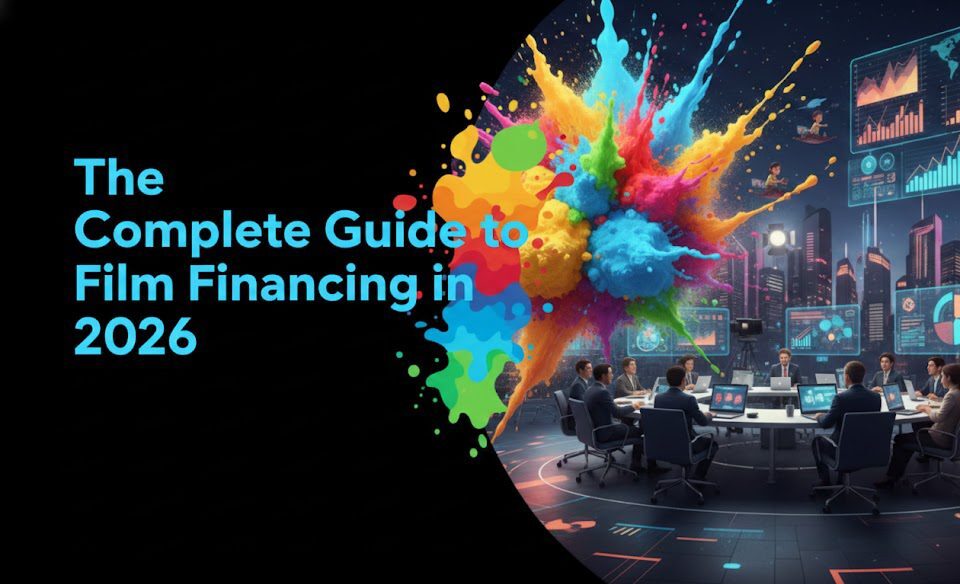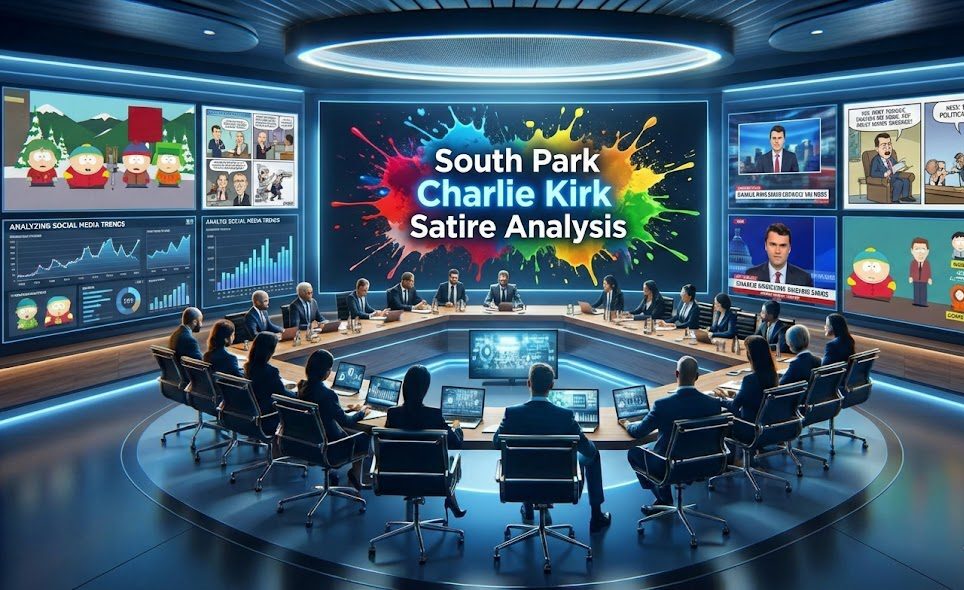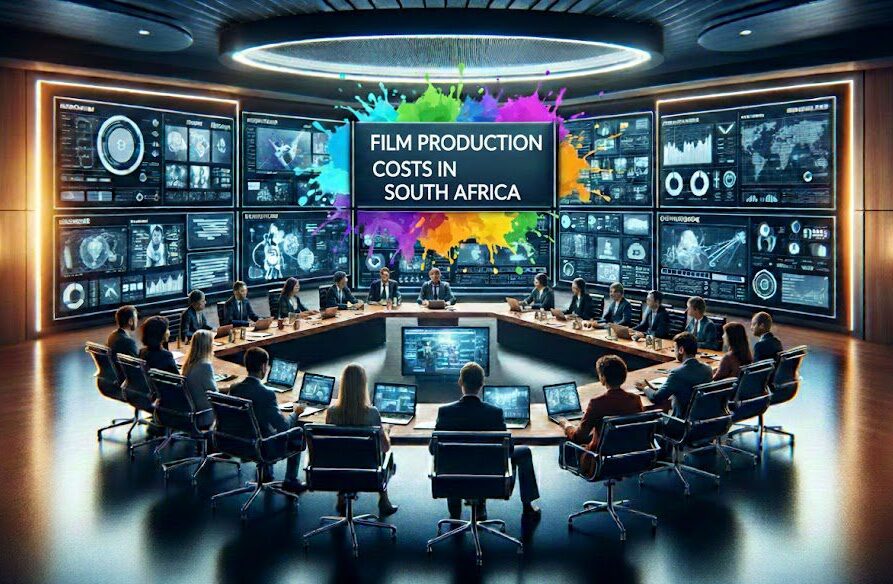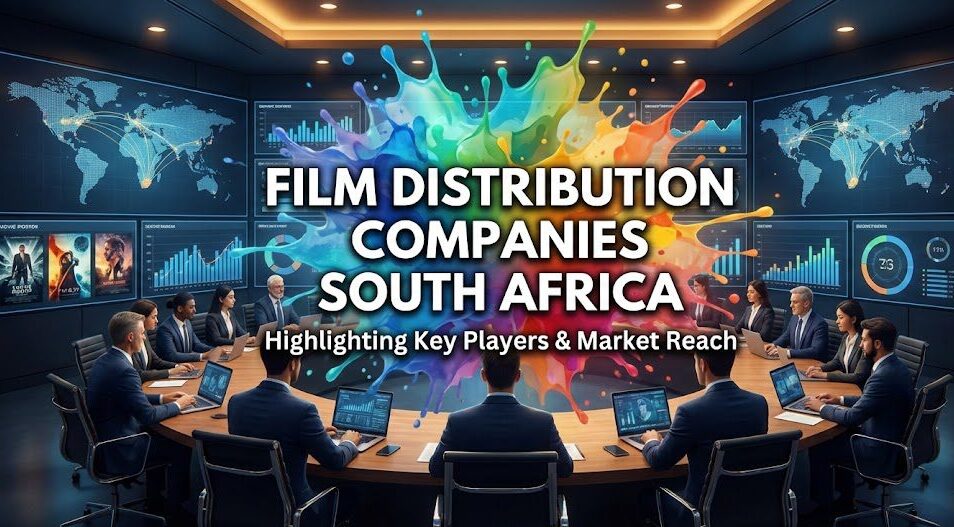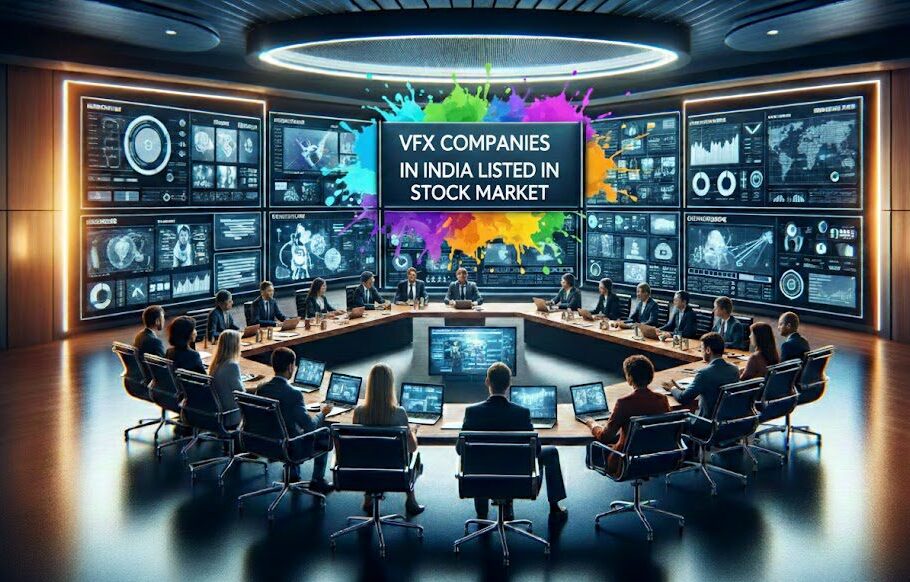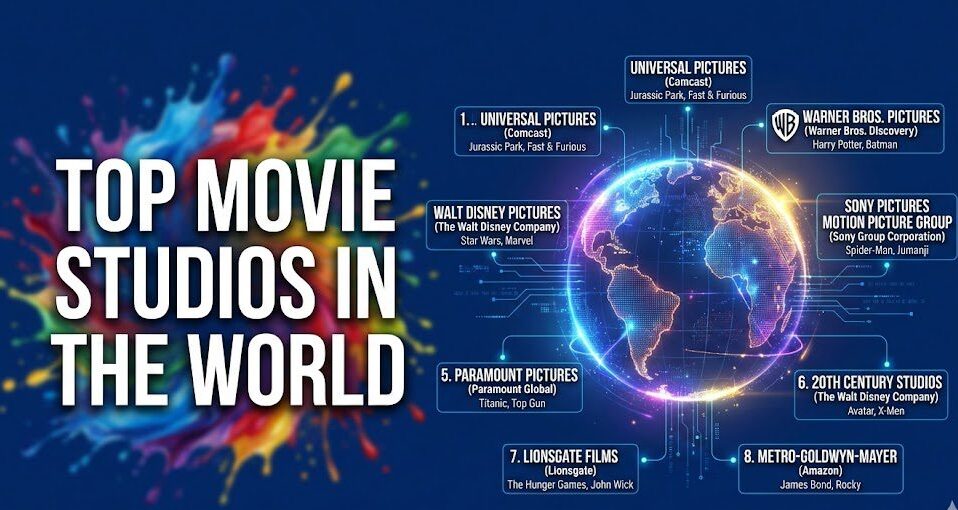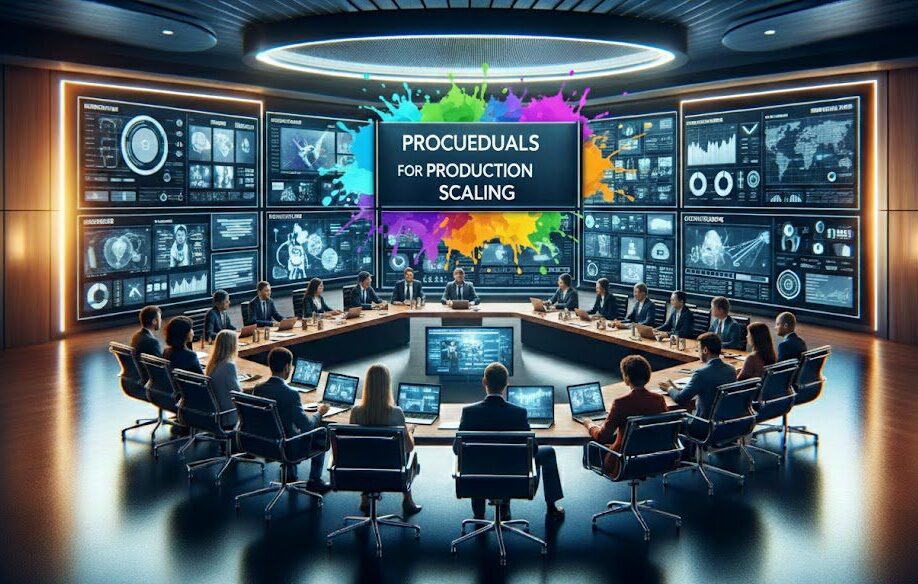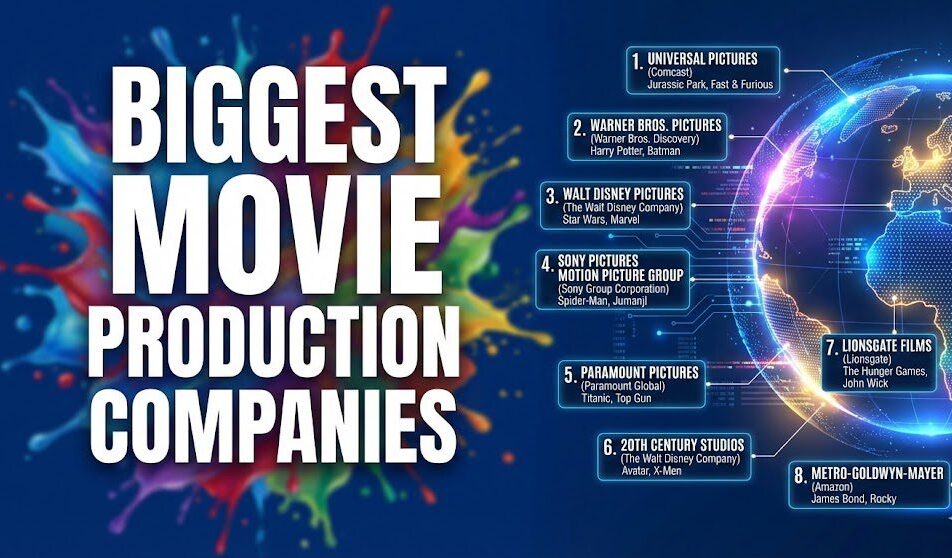Introduction
The journey from script to screen is a complex process filled with negotiations, financing, and strategic partnerships. Development deals are the foundation of this process, shaping how films and TV shows are created, funded, and distributed. Whether you’re a filmmaker, producer, investor, or service provider in the entertainment industry, understanding development deals is crucial for success.
In this comprehensive guide, we’ll explore:
✔ What development deals are and why they matter
✔ Different types of development deals in film and TV
✔ The key players involved and their roles
✔ Challenges and benefits of securing a deal
✔ How platforms like Vitrina can help streamline the process
By the end of this article, you’ll have a clear roadmap for navigating development deals, securing funding, and finding the right production partners. Let’s dive in!
Track Every Film & TV Project with Vitrina

What is a Development Deal?
A development deal is an agreement between a content creator (writer, producer, or production company) and a studio, network, or financier to fund the early stages of a film or TV project. This stage typically includes scriptwriting, securing rights, hiring key personnel, and initial financing.
These deals are crucial in transforming a concept into a viable project, providing the resources necessary for pre-production planning and attracting additional investment.
Types of Development Deals in Film & TV
Different types of development deals exist depending on the funding structure, ownership rights, and the parties involved. Here are the most common types:
1. First-Look Deals
A production company or individual agrees to give a studio or network the first opportunity to invest in or distribute their project. If the studio passes, the creator can shop it elsewhere.
2. Exclusive Development Deals
A studio or network funds a content creator in exchange for exclusive rights to develop and produce their projects.
3. Option Agreements
A producer or studio secures the rights to a script or story for a set period, giving them time to secure financing and partners before committing to full production.
4. Overall Deals
Studios provide long-term funding to a producer, writer, or production company in exchange for creative control over multiple projects.
How a Development Deal Works
Step 1: Pitching the Project
Writers or producers pitch their project to studios, networks, or investors. This often includes a script, a business plan, and a vision for production.
Step 2: Negotiating Terms
Once a company shows interest, negotiations begin. Key aspects include financial terms, creative control, and distribution rights.
Step 3: Securing Funding
Financing can come from studios, private investors, grants, or co-production partners.
Step 4: Development Execution
With funding secured, the team proceeds with script finalization, hiring directors and actors, and preparing for pre-production.
Expand Your Entertainment Network Today

Key Players in a Development Deal
A development deal involves multiple stakeholders, each playing a critical role:
- Screenwriters – Create the script and pitch to studios.
- Producers – Oversee project development and secure funding.
- Studios & Networks – Provide funding and distribution opportunities.
- Financiers & Investors – Invest in the project in exchange for a share of profits.
- Legal Teams – Ensure contractual obligations and rights are secured.
Benefits of a Development Deal
- Financial Security – Creators receive funding for early-stage development.
- Industry Access – Connections to major studios, distributors, and networks.
- Creative Development – Refinement of the script and project scope.
- Market Validation – Increased likelihood of production and distribution success.
Challenges in Securing a Development Deal
- High Competition – Thousands of projects compete for limited funding.
- Creative Control Issues – Studios often demand creative oversight.
- Uncertain ROI – Development does not guarantee production.
- Legal Complexities – Contract negotiations can be lengthy and complex.
How Vitrina Helps with Development Deals
Vitrina simplifies the process of securing and managing development deals by providing:
✔ Global Search & Matchmaking – Find the right partners for your project across 100+ markets.
✔ Deep Industry Insights – Track projects, financiers, and industry trends.
✔ Decision-Maker Access – Connect with verified executives, financiers, and production heads.
✔ Comprehensive Data API – Monitor film and TV projects in real-time.
Whether you’re a producer looking for funding or a studio seeking the next hit project, Vitrina empowers you with data-driven intelligence to make informed decisions.
Conclusion
Navigating development deals can be challenging, but with the right knowledge and tools, you can maximize your chances of success. Understanding different types of deals, key stakeholders, and industry best practices is essential for bringing your project from script to screen. With Vitrina, you gain access to a powerful network, market insights, and the right connections to accelerate your success.
Frequently Asked Questions
Most development deals last between 6 months to 2 years, depending on the agreement.
No, but they increase the likelihood of securing financing and distribution.
Yes, many independent filmmakers secure option agreements or partner with boutique production companies.




























